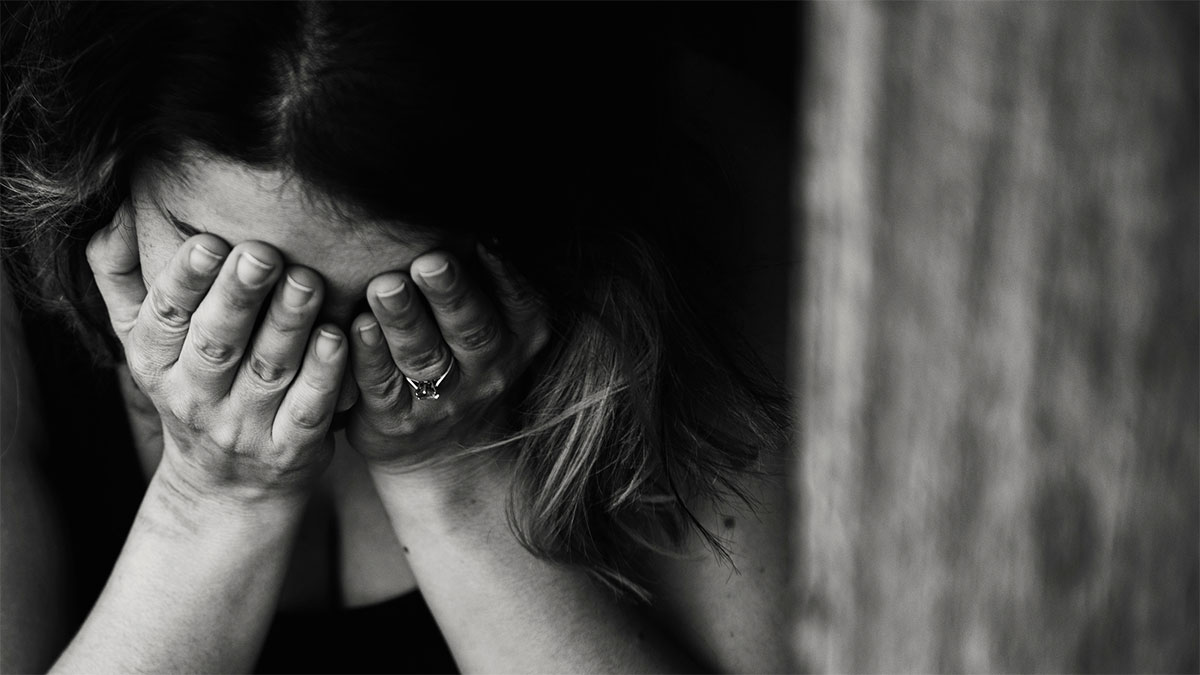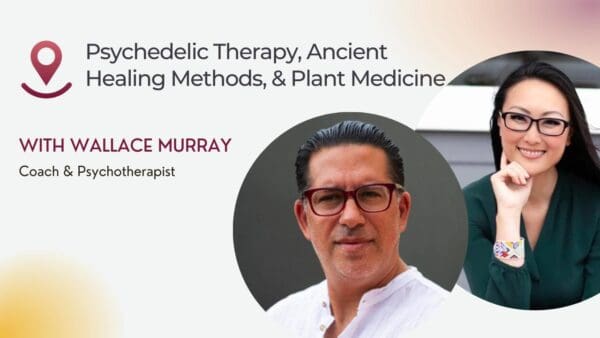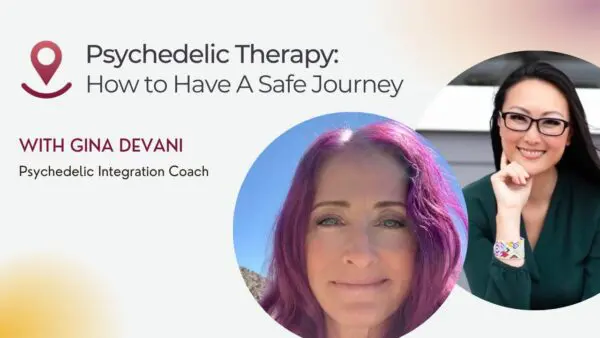Grief is a process that can take years to heal, and it’s not uncommon for people to feel like things will never get better. Psychologists have found that psychedelic-assisted therapy can help reduce symptoms of depression and anxiety related to grief and increase the feelings of connection with others. If you are struggling with grief or feeling alone after the loss of a loved one, psychedelic-assisted therapy may be able to help you through this challenging time in your life.
What is Psychedelic-Assisted Therapy?
Psychedelic-assisted therapy is an experience that therapists may use to help people through personal trauma or mental suffering, such as grief or loss. In this type of therapy, psychedelic drugs are typically administered alongside talk therapy techniques such as Cognitive Behavioral Therapy (CBT) for treating anxiety and depression caused by things like grief after the loss of loved ones.
The treatment available in the U.S. for psychedelic therapy is experimental, and currently, only a few substances, like psilocybin and MDMA, have been given breakthrough designation. This FDA designation allows the research process to be fast-tracked with the hope of developing enough evidence to support the approval of the substance for medicinal use. Ketamine therapy is also currently legal for treatment of various mental health disorders.
The Study of Psychedelics for Therapeutic Purposes
The efficacy of psychedelic substances as a treatment for mental health conditions was studied as early as the 1940s when Swiss scientist Albert Hoffman (who first synthesized the drug in 1938) dosed himself with LSD and took his infamous bicycle ride while under the influence of the psychedelic. He studied the effects of LSD in therapeutic settings and also studied other psychedelic drugs, including psilocybin and mescaline.
When the Controlled Substances Act was passed in 1970, psychedelic drugs were classified as Schedule 1 drugs and were made illegal in the United States. During this time, most of the research around the use of psychedelics came to a halt. However, in the last several years, research has picked up again. More studies are being conducted on psychedelic substances to treat a number of mental health conditions.
How Grief Manifests Psychologically and Physiologically
Grief manifests in different ways and varying levels of severity depending on the person, the situation, and the intensity of the trauma. There are, however, some psychological and physiological effects that are common in most people who are grieving the loss of a loved one.
The psychological effects of grief and loss are fairly well-known. They include emotional ups and downs ranging from sadness to anger to numbness, feelings of detachment from others, and a loss of personal meaning or faith. Some people experiencing grief may feel survivor’s guilt, or they may feel abandoned by the person they lost. Grief can also cause a person to undergo repeated stress, worry, and anxiety.
Although we often think about those psychological effects of grief and are probably all familiar with them to some extent, we may be less familiar with the role grief also plays a physiological in our bodies. Our minds and bodies are closely connected, and as we process our feelings, we often also experience unpleasant physical sensations. For instance, people may experience chronic pain or physical illness as they process the death of a loved one. They may experience symptoms such as chronic headaches, fatigue, digestive upset, insomnia and lack of appetite, just to name a few.
Psychologists have found that grieving patients often suffer from higher levels of stress and may develop mental health conditions such as anxiety, depression, or PTSD.
How Might Psychedelic-Assisted Therapy Help Us Cope With Grief
Often when we lose a loved one or experience other traumatic life events, psychotherapy is recommended to help us get through the hard times. Recently, scientists have been studying the effects of psychedelics as an adjunct to psychotherapy, and there is reason to believe that this method may be more effective than psychotherapy alone.
While not yet a mainstream treatment, psychedelic-assisted therapy is showing promise for helping people cope with traumatic events. Research suggests that psychedelics like psilocybin and MDMA can help to reduce anxiety and depression—which often come after the loss of a loved one—and more effectively resolve PTSD when compared to talk therapy alone.
The most common approach to modern psychedelic therapy makes use of a technique that has its origins in work conducted by the collaboration between Humphry Osmond and Abram Hoffer in the 1950s. This particular technique uses relatively high doses of a psychedelic substance to induce an altered state of consciousness that may be positively transformative. This process emphasizes emotional release, which may be difficult for some people under normal circumstances, as part of the healing process.
When used as an adjunct to psychotherapy, people typically take one or two full doses of a psychedelic drug alongside the guidance of a trained therapist or facilitator. In some cases, the patient only takes one dose of psychedelics while in other scenarios they take two doses: one at an introductory session and then another full-dose during subsequent sessions when working through particularly difficult memories or experiences. The important part of this process is to pair it with psychotherapy. A trained therapist or guide can assist you through the experience by helping you to identify the root of your emotional struggles.
Another form of psychedelic self-experimentation includes consuming small amounts of psychedelics every few days. This is called microdosing, and early research has shown that microdosing certain psychedelics can ease anxiety and break negative thought patterns. Many people who have experienced an unexpected loss respond to the trauma with feelings of anxiety or fear. They may experience repeated negative thoughts surrounding their own mortality or have constant anxiety and worry that something else bad will happen in their lives. Theoretically, microdosing may ease these feelings of anxiety and worry, allowing them to continue with their daily activities effectively.
The Psychedelic Experience
While experiencing a psychedelic trip, one can expect to feel a variety of emotions, not all pleasant. Some people may feel a sense of sadness or despair. Rather than running away from these unpleasant feelings, psychedelic-assisted therapy encourages people to approach their feelings with a sense of curiosity. This can be very beneficial for those who have experienced trauma or loss as it gives them a chance to come face-to-face with these difficult emotions to process the event.
Psychedelics and Spiritual Connection
Some people report having spiritual experiences while taking psychedelic drugs. This can include having an out-of a body experience or feeling intensely connected to the universe. Many people who have had these experiences find it easier to cope after their psychedelic session because of this increased sense that life is meaningful and benevolent. Sometimes part of the struggle to cope with loss is the lack of understanding and a loss of faith when the event occurs. Psychedelics may help people regain that spiritual connection by providing a sense of meaning.
Finding Peace Through Psychedelic-Assisted Therapy
There is no quick and easy way to get through the grieving process. In fact, the process of grieving is important for us to heal, and if we try to ignore the process or push down our feelings, we may never fully get to a place where we feel healed from the loss. Some people have found that psychedelic-assisted therapy can be a helpful tool in the process of grieving and coping with loss when used appropriately under the direction of a trained facilitator.









